Tell me where you live and I’ll tell you if you can vote
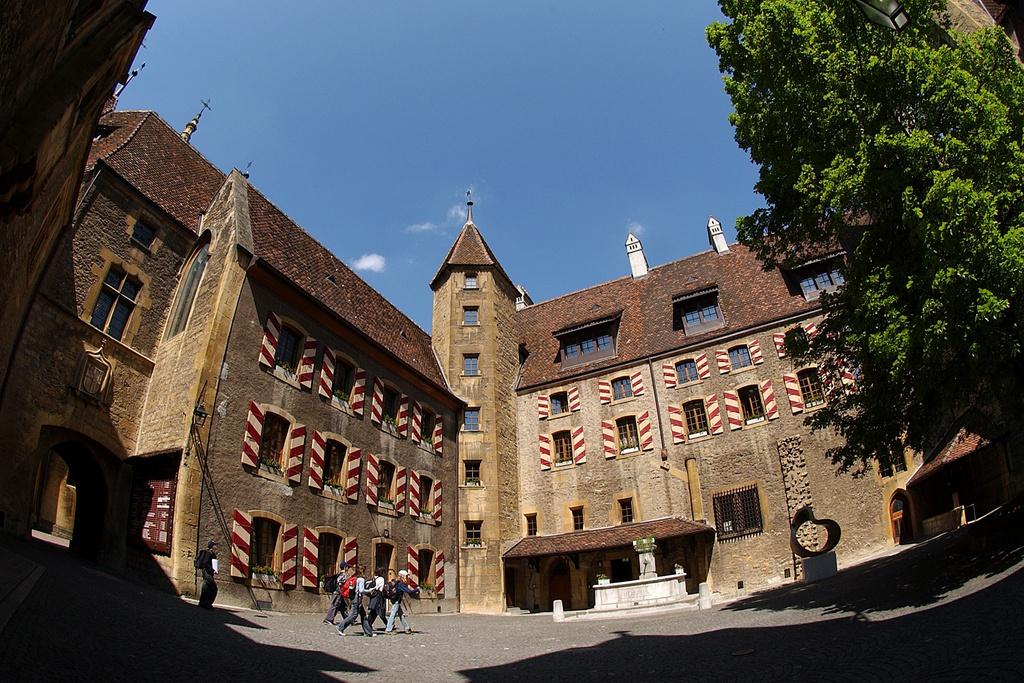
If you live in Switzerland but you are not Swiss, your political rights such as the ability to vote depend largely on where you reside. A look at regional differences and the cultural and linguistic factors that influence local decisions.
I was born in canton Jura to Italian parents. But despite not having Swiss nationality, I was able to vote for the first time on my 18th birthday in communal and cantonal elections in my local village, Bassecour. Today, I live in Bern, but as I’m not Swiss, I’m not allowed to go to my local voting office to cast my ballot. Nor was this possible when I worked in Lugano in canton Ticino, which follows the same practice widely implemented in Swiss-German regions.
“There is a ‘Röstigraben’ [an imaginary cultural and social divide between German and French-speaking parts of the country] when it comes to political rights for foreigners. The French-speaking cantons have much more liberal policies,” says Anita Manatschal from the Swiss Forum for Migration and Population Studies (SFM).
On September 25, this so-called ‘Röstigraben’ would have become even more pronounced if the citizens of canton Neuchâtel had approved a parliamentary proposal to give foreign residents the right to stand for election at the cantonal level. Under the proposal, foreigners with a permanent residence permit C who have lived in the canton for at least five years would have been able to compete for a seat in the cantonal parliament or government – a first in Switzerland.
On September 25, voters in canton Neuchâtel had to decide whether to give foreigners the right to stand for election at the cantonal level. It would have been a political first in Switzerland, but 54% of voters rejected the concept.
Neuchâtel has a long history of extending rights to foreigners. In 1849, foreign residents were allowed to vote at communal level. This right was withdrawn and reintroduced, then withdrawn again at the end of the 19th century. It reappeared in 1984. The right to vote at a cantonal level was introduced in 2000. In 2007 voters accorded foreigners the right to stand for election for posts at the communal level, but not at the cantonal level.
Two concepts of citizenship
“It is amazing that the right to vote for foreigners has almost no chance of success in German-speaking regions, even if the issue regularly reappears on the political agenda,” said Manatschal, who completed a PhD looking at integration issues in the 26 cantons.
Like most Swiss migration experts, her explanation for this regional variation is basically due to linguistic and cultural factors. French-speaking Switzerland is heavily influenced by France and its liberal inclusive approach to foreign residents. By contrast, Swiss German cantons mimic the German way of thinking, where citizenship is seen as the end point of the integration process once a new immigrant has proved loyalty and adheres to the community’s fundamental values.
A closer look
But the reality is not so clear-cut. Manatschal believes the city-country divide also plays a big role. The most restrictive cantons in terms of political rights are those in central Switzerland or the farming regions, where there are fewer foreigners, while Bern and Zurich are the most open.
Valentin Zuber, who also works as a researcher at the SFM, points out that in French-speaking Switzerland the situation is not uniform.
“Canton Valais [where people speak French and German] has never taken a step towards granting foreigners political rights. On the other hand, in canton Graubünden [mostly German-speaking] foreigners can vote in 20% of communes,” he noted.
Cantons that give foreigners the right to vote/be elected at a communal level are: Appenzell Ausser Rhoden, Basel City, Fribourg, Graubünden, Neuchâtel, Jura, Vaud and Geneva.
Those granting the right to vote at a cantonal level are Jura and Neuchâtel.
Jura case
Zuber also pointed to canton Jura, one of the most progressive cantons in this area.
“It’s quite surprising. It’s a very rural canton with few foreign residents. So there is little reason to suggest they would extend political rights to foreigners,” he said. But the right to vote was inscribed in the constitution of the new canton in 1979 after it split from Bern.
That move was not the result of any democratic process but happened for ideological reasons, said Zuber.
“To avoid criticisms about the Jura cause becoming an ‘ethnic’ one, people opted for an extremely inclusive definition of the Jura people, namely all the inhabitants of the canton, regardless of their language, religion or where they came from,” he explained. This right to vote has never been questioned, he added.
For SFM Director Gianni d’Amato, the differences in voting policy have a strong political dimension. In canton Vaud, the right to vote at the communal level as a foreigner followed a political deal, he explains, with centre-right parties accepting it in the new constitution in exchange for the centre-left backing debt reduction measures. However, in 2011, Vaud rejected extending voting rights to foreigners at a cantonal level.
People’s Party power
Zuber says cantons where there is support for the conservative right Swiss People’s Party, which focuses heavily on immigration issues, can also have a major impact on the question of political rights.
In 2010, Basel City voters’ rejection of a proposal for foreigners to participate in communal and cantonal votes was seen as a direct result of a national debate launched by the People’s Party.
Thomas Kessler worked as Basel City’s integration delegate from 1998-2008, introducing one of the most progressive integration policies in Switzerland.
He believes that German-speaking regions are generally less inclined to extend political rights to foreigners. But he says they nevertheless make practical progress in other ways, such as petitions for foreigners and the right to participate in school committees and associations.
And, Kessler says, German-speaking cantons are more effective than French-speaking regions when it comes to integration in the workplace.
Key to Swiss success
How will this ‘Röstigraben’ over political rights evolve in the years to come? Zuber believes that the differences will remain since there is little variation in political majorities at the cantonal level. The only change could come via a federal law imposing the same rights for all cantons, he thinks.
But Manatschal says the situation is not set in stone. She believes foreigners could get the right to vote in places like Zurich and Basel, with their large immigrant populations.
Another solution exists for foreigners who – like me – are frustrated by not being able to vote: apply for Swiss nationality. This can be a tedious and expensive process, depending on the canton, but provides the full range of political rights.
Translated from French by Simon Bradley

In compliance with the JTI standards
More: SWI swissinfo.ch certified by the Journalism Trust Initiative









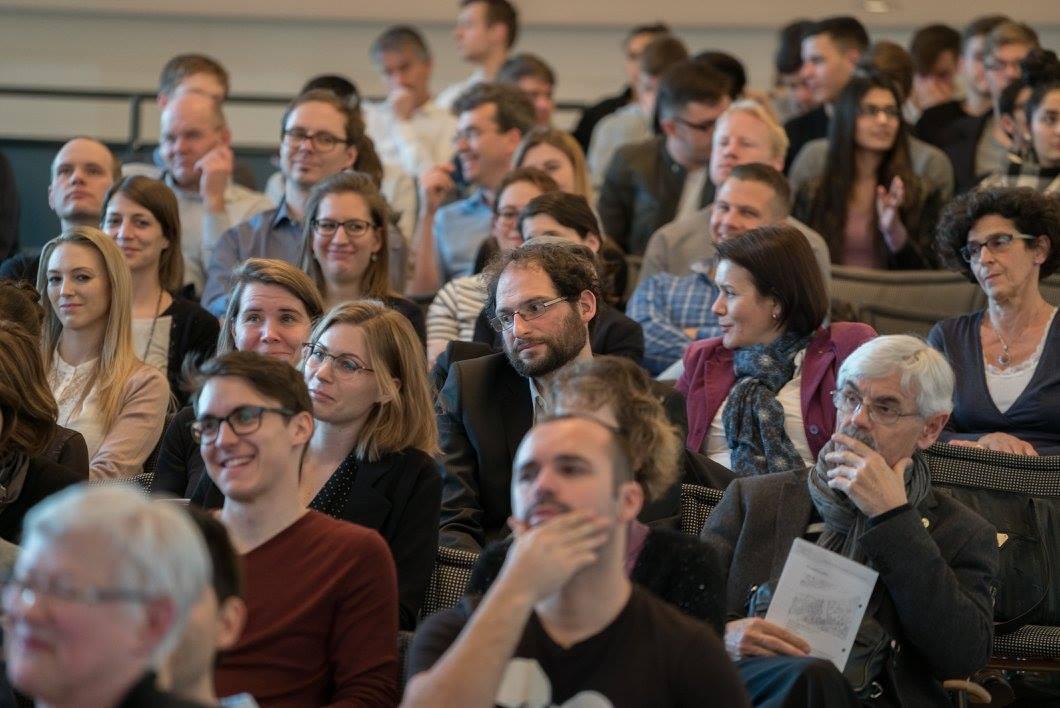
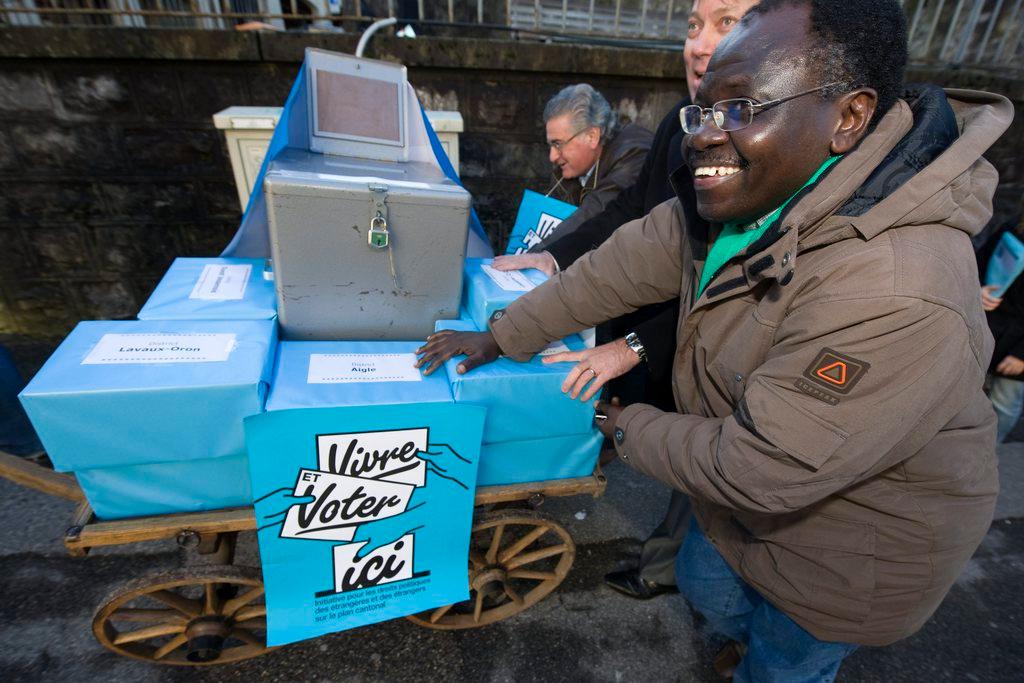
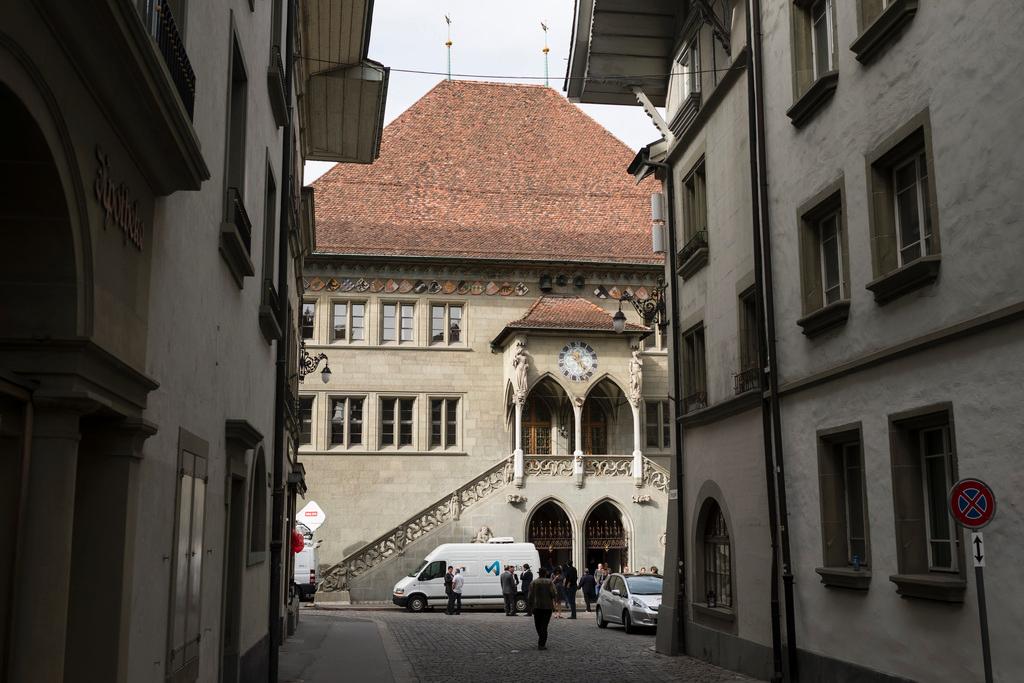
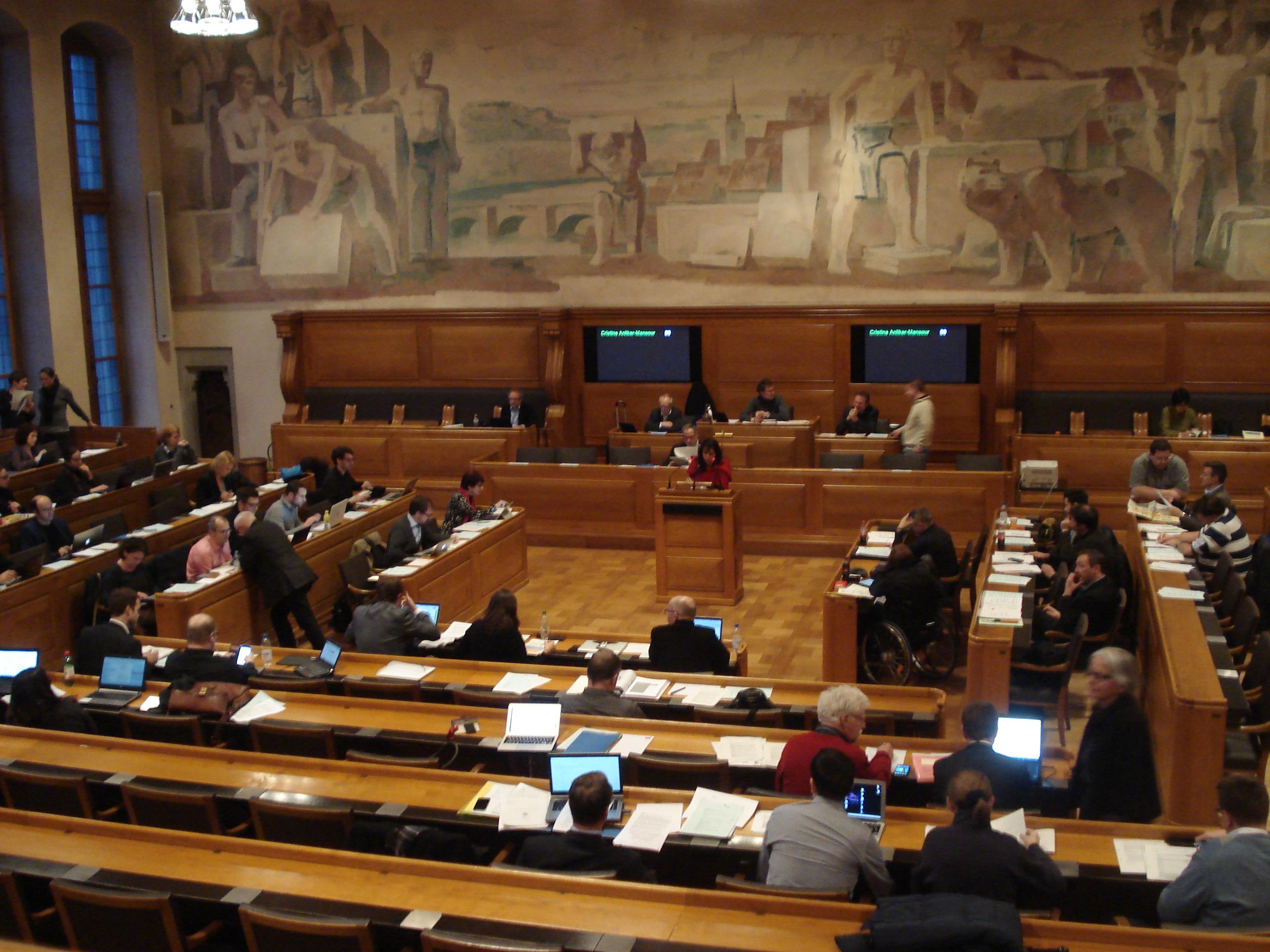
You can find an overview of ongoing debates with our journalists here . Please join us!
If you want to start a conversation about a topic raised in this article or want to report factual errors, email us at english@swissinfo.ch.